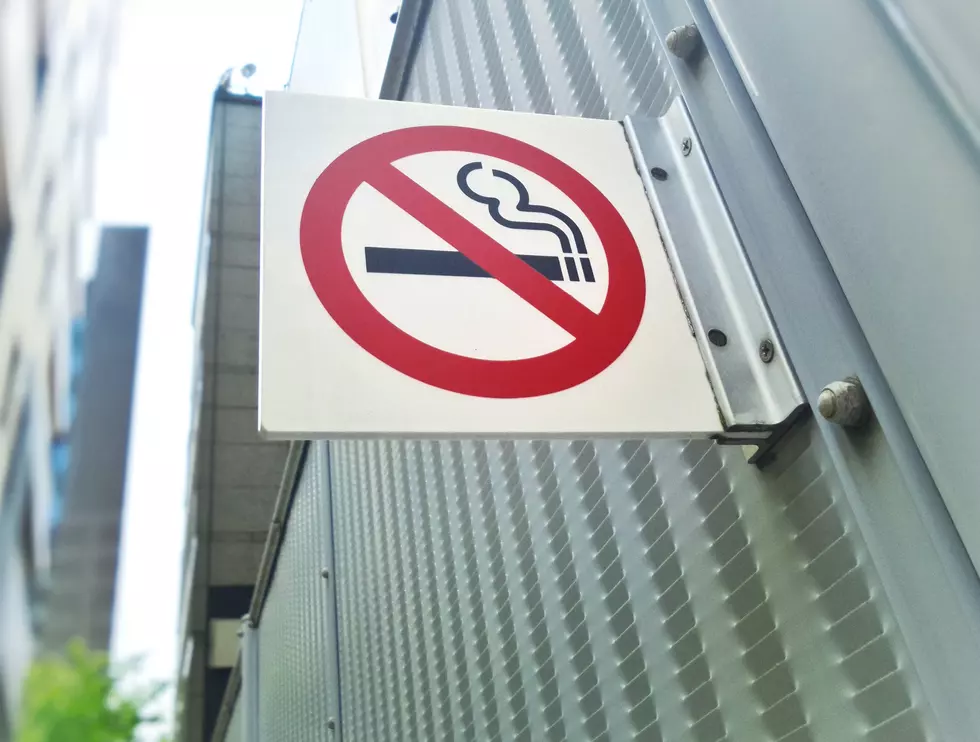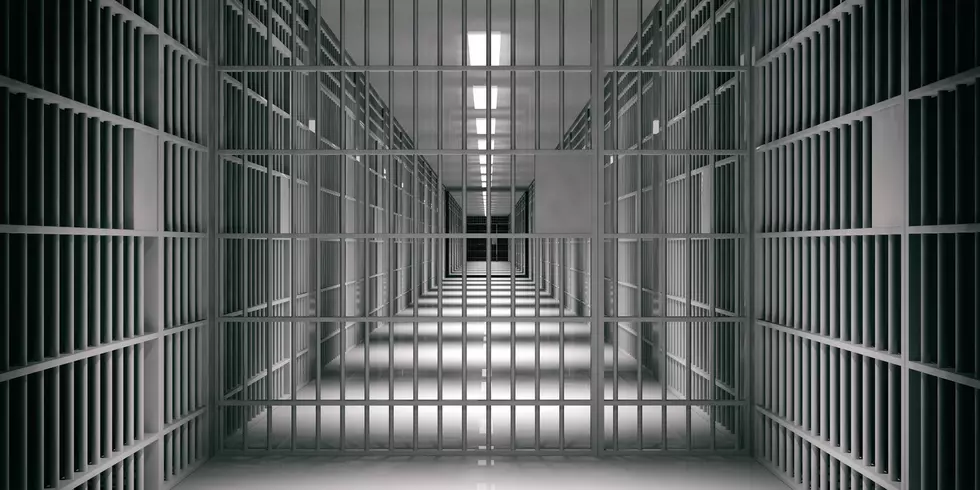
New York State Has Or Will Ban These 6 Things In 2023
New York State is definitely known for banning things. Some people believe that the state is constantly overstepping its boundaries. While others feel that the state is looking out for the best interest of residents. However you feel about it, these 6 things have been banned or could be banned soon.
1. Gov. Hochul Plans To Ban Certain Types Of Cigarettes In New York State
New York State could ban certain types of cigarettes this year. Governor Kathy Hochul has announced her plans to ban flavored tobacco in her 2023 State of the State. As of May 2020, New York State banned the sale of flavored vapor products that do not have an FDA marketing order. Now, Gov. Hochul wants to expand the ban.

In her 2023 State of the State book, Gov. Hochul details her plan to restrict tobacco further,
Solidifying New York’s leadership in ensuring a tobacco free generation, Governor Hochul will introduce legislation to expand upon the State's ban on the sale of flavored vaping products by prohibiting the sale of all flavored tobacco products.
This includes menthol-flavored cigarettes. She also announced that she plans on raising the tax that the state collects per pack of cigarettes sold. Governor Hochul is making efforts to reduce the amount of New Yorkers, especially young New Yorkers, who partake in the deadly habit of smoking.
2. New Law Bans Certain Laundry Detergent And Cleaners In New York State
A new law took effect recently in New York State that bans certain laundry detergents and cleaning products. If you are partial to a particular detergent or household cleaner brand, you may have to find an alternative if they don't conform to the new law.
The New York State Department of Environmental Conservation announced the new law, which took effect on January 1, 2023. It helps to protect New Yorkers and the environment by reducing the amounts of harmful chemicals in detergents and cleaning products.
1,4-Dioxane is a synthetic industrial chemical by-product that is a contaminant in cleaners and laundry detergents. It has been found in groundwater and is costly to clean up from the environment.
The new law sets the maximum allowable concentration of two parts per million of 1,4-dioxane in detergents and household cleaning products. On December 31 of this year, the law will change again - the limit will move to 1 ppm for 1,4-dioxane in household cleaning products.
3. New Law In New York State Bans Banks From Restarting Certain Foreclosures
Governor Kathy Hochul signed a law that closes loopholes that had been allowing banks and lenders to foreclose on New Yorkers' homes. The bill, dubbed the 'Foreclosure Abuse Prevention Act', was sponsored by NY State Senator James Sanders (D-Queens) and Assemblymember Helene Weinstein (D-Brooklyn). Even though S.05473-D/A.07737-B passed in May, Gov. Hochul only recently signed it into law. Senator Sanders says the law helps protect homeowners from having their homes taken due to loopholes that can restart the statute of limitations,
The FAPA does not disturb New York’s already generous six-year statute of limitations on mortgage foreclosure actions. It simply restores a fair and common-sense principle: no party may unilaterally stop and restart the statute of limitations to revive what would otherwise be a time-barred action.
Many New York homeowners who were directly affected by the loopholes were in support of the bill.
4. New York State Is One Step Closer To Banning Use Of Gas To Heat Your
New York is getting closer to banning the use of fossil fuels to heat homes around the state. On Monday, December 19, 2022, the Climate Action Council approved the state's plans to phase out the use of oil, propane, and natural gas furnaces.
Starting in 2025, all new homes will need to be built to a zero-emission standard without equipment used in the combustion of fossil fuels. Newly built commercial buildings will begin in 2028. The plan also calls for,
Accelerated energy efficiency and end-use electrification mechanisms to foster approximately one to two million homes transitioning to clean heating and cooling options such as heat pumps by 2030. By 2050, 85 percent of homes and commercial building space statewide should be electrified with energy-efficient heat pumps and thermal energy networks.
Economically disadvantaged communities are required to receive a minimum of 35 percent of the benefits from the investments into clean energy, including housing, workforce development, pollution reduction, energy assistance, energy, transportation, and economic development.
5. Could Tackle Football Be Banned For Certain Kids In New York State?
2023 could potentially be the last year that some kids in New York participate in tackle football. A new bill could end of tackle football for some youth in the state.
New York State Assembly Bill A04116, if passed,
Prohibits children twelve years old and younger from playing tackle football.
Similar bills have been introduced in the state legislature, but none of them have passed to become law. The bill justifies the potential ban with research about how tackle football can potentially damage youth's brain development,
Research over the last decade has shown that concussions and sub-concussive blows have a negative impact on brain development in young children. Prohibiting organized contact football in our youngest children will better protect them from sustaining serious head injuries until their bodies mature to a point where it will be safer for them to play.
6. New York State Wants To Ban Certain Personal Care Products
There could be another potential product ban in New York State. Over the past few years, New York has been banning products that are bad for the environment, bad for animals, and bad for our health. A new bill in the Senate would essentially ban certain personal care products that include ingredients on a list of chemicals that are deemed hazardous.
Senate Bill S4265, which has been introduced via similar bills in other legislative sessions,
Provides for the regulation of ingredients in personal care products and cosmetics to include restricted substances which shall be provided on lists identified by the commissioner.
The current bill is sponsored by Senator Lea Webb, a Democrat from the 52nd Senate District. It would amend the environmental conservation law regulation of ingredients in personal care products and cosmetics in New York. According to the text of the bill, New Yorkers are exposed to many potentially toxic chemicals daily via their personal care products,
According to the Environmental Working Group, 'on average, women use 12 personal care products a day, exposing themselves to 168 chemical ingredients. Men use six, exposing themselves to 85 unique chemicals.'
The bill is currently in the Senate Environmental Conservation Committee.

17 New Laws in New York You Should Know
Two Hidden Laws in New York State
More From WPDH-WPDA









